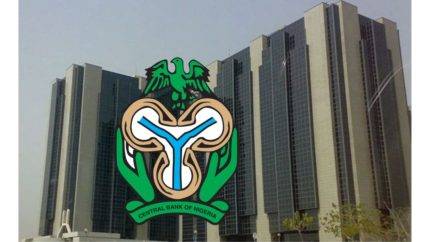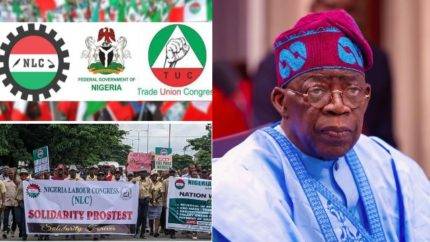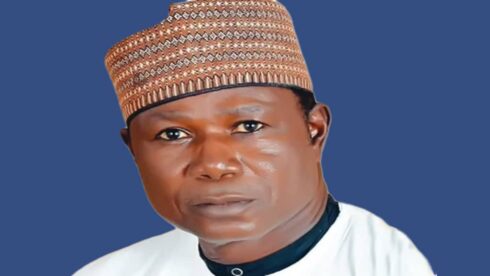Federal Government : A source with close ties to Minister of Information and National Orientation, Idris Mohammed, disclosed to The Opitan Global Media (OGM) during an interview that a fresh minimum wage structure is slated for implementation starting April 1, 2024. This declaration comes as the current N30,000 minimum wage is slated to expire at the end of March 2024. The impending shift in wage structure follows an analysis of the 2024 – 2026 Fiscal Framework budgets, projecting a staggering expenditure of N24.66tn on salaries across the mentioned years.
The decision to introduce a new minimum wage stemmed from the aftermath of President Bola Tinubu’s removal of the fuel subsidy on May 29, 2023. In response, the Federal Government agreed to alleviate the impact by providing N35,000 to its workers, albeit temporarily. However, organized labor emphasized that this wage adjustment was merely a short-term solution, pressing for a comprehensive review of the minimum wage in 2024.
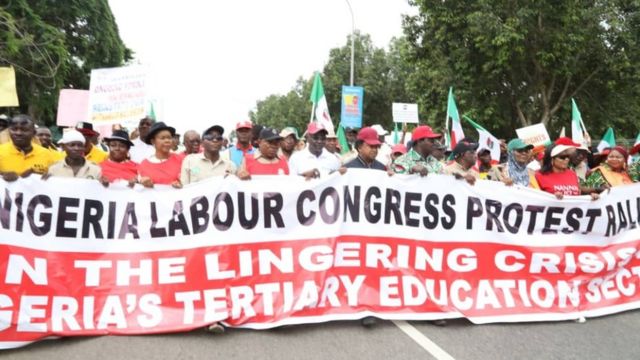
The journey towards this announcement dates back to the agreement reached between the Federal Government’s team and the Joint National Public Service Negotiating Council on October 18, 2019, to implement the N30,000 minimum wage after extensive negotiations. Despite this, Labor unions have reiterated that the minimum wage should undergo revision every five years, aligning with the country’s labor laws.
Federal Government Negotiations and Labor Perspectives
Confirming their engagement in the negotiation process with the Federal Government, labor unions have highlighted the statutory provision for a minimum wage review every five years, pointing to 2024 as the designated year for such an update. Nigeria Labor Congress National President, Joe Ajaero, emphasized the legal obligation to review the national minimum wage, underlining the imminent necessity for the impending changes.
Minister Idris Mohammed clarified that the proposed increase in take-home pay aims to supplant the interim measures initially implemented to mitigate the hardships caused by the fuel subsidy removal. This shift underscores the Federal Government’s intent to establish a sustainable and updated wage structure that aligns with the evolving economic landscape, ensuring fair compensation for workers while maintaining fiscal stability.
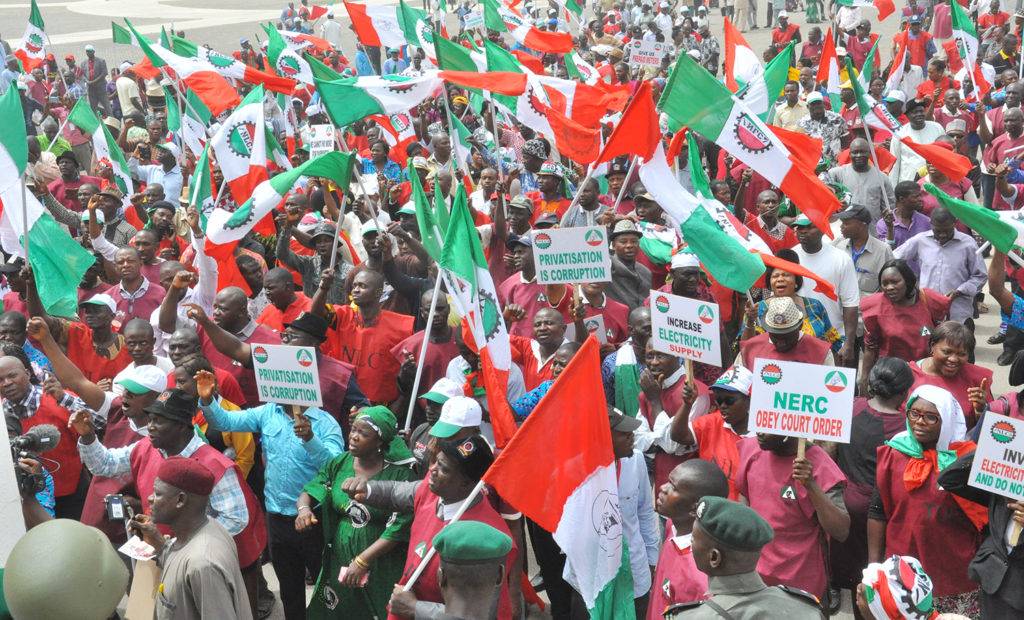
Implications of the New Wage Regime:
The shift in the wage regime is anticipated to have widespread implications for workers across Nigeria. The commitment to a structured salary system aims to encompass the public and private sectors, necessitating collaboration from state governors and private enterprises. Discussions between the government and labor organizations highlight the need for a comprehensive national wage negotiation committee involving all concerned parties.
Fiscal Framework and Budget Analysis:
A comprehensive analysis of the 2024 – 2026 Fiscal Framework reveals the Federal Government’s plan to allocate 29.18% of its budget over the three-year period to salaries, overheads, and pensions. The projected rise in personnel costs indicates an 8.51% increase from the previous year, with subsequent incremental increases through 2026. However, concerns arise regarding the substantial allocation to overheads, potentially impacting capital expenditure and exacerbating fiscal deficits.
Notably, the Federal Government’s spending pattern indicates an overwhelming focus on personnel costs, reflecting an imbalance that overshadows capital allocations. This trend raises concerns about the limited fiscal space for developmental objectives, as personnel costs and debt servicing surpass total government revenues, as revealed by the World Bank.
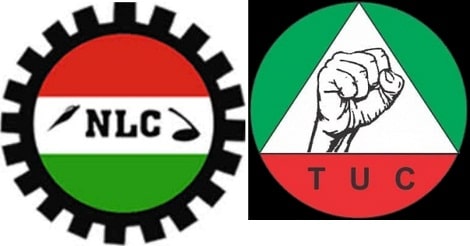
Legislative Responses and National Assembly Debates:
Within the legislative arena, discussions have ensued regarding the perceived over-bloated personnel costs in the 2024 budget. Lawmakers emphasize the need for stringent oversight, advocating for audits of ministries, departments, and agencies to address excessive expenditures. Moreover, parliamentary deliberations underscore the significance of budgetary allocations, with particular emphasis on security, infrastructure, and job creation.
As Nigeria grapples with impending wage changes and fiscal constraints, critical considerations encompass prudent resource allocation, efficient budget management, and collaborative efforts with the private sector. The parliamentary engagements highlight the imperative of addressing economic challenges while ensuring sustainable development through judicious fiscal strategies and effective utilization of available resources.
By addressing the multifaceted issues surrounding wage reforms, fiscal deficits, and legislative responses, Nigeria endeavors to navigate these challenges and propel its economy toward sustainable growth and development.
Table of Contents
Discover more from OGM News NG
Subscribe to get the latest posts sent to your email.









